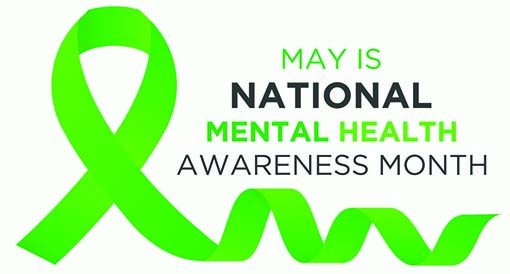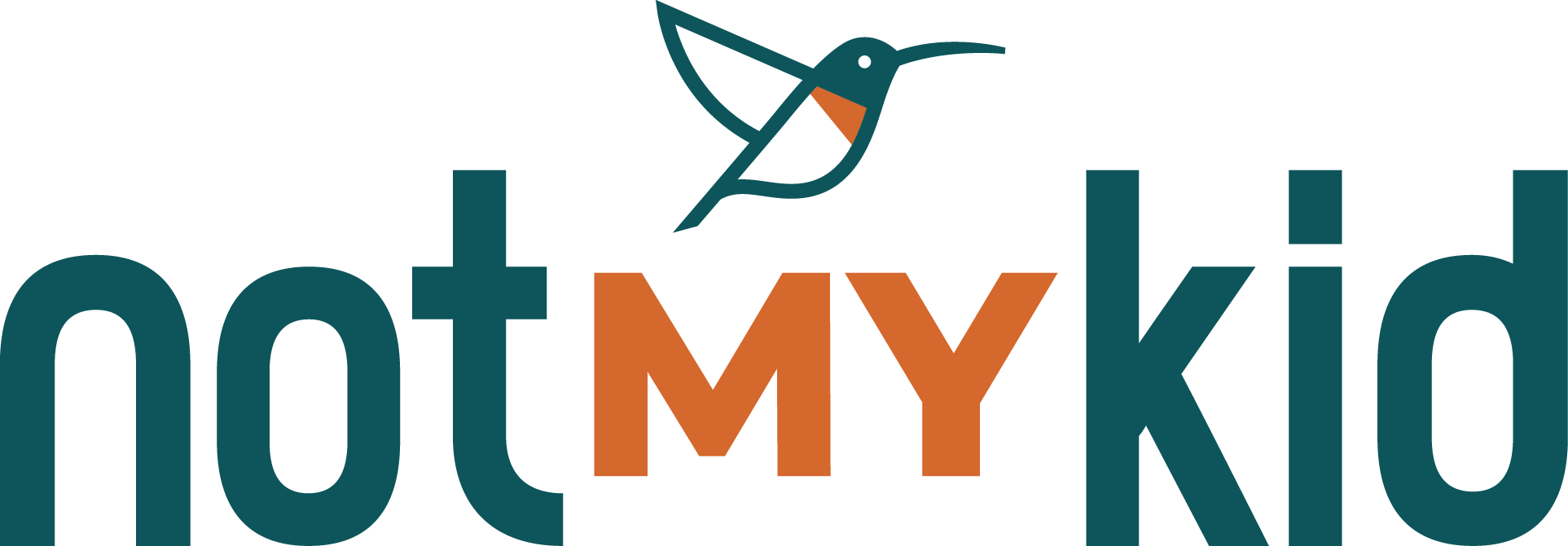Warning Signs of Problem Gambling for Parents
By Bobbe McGinley, Provider for the Division of Problem Gambling
Founder of ACT—Counseling & Education
Clinical Director, Recovery in the Pines and Birches Health
As summer arrives and school and university ends for the year, young adults may turn to distractions outside of academics. Gambling, which is often unfortunately represented in the media as a recreational activity, can turn into a serious problem for some individuals and have devastating consequences on a person’s life. For parents, recognizing the warning signs of problem gambling in their young adult children is crucial for early intervention and support. Understanding these signs, coupled with awareness of available resources, can help prevent the escalation of this destructive behavior.
Understanding Problem Gambling
Problem gambling is characterized by a continuous urge to gamble despite harmful consequences. It can lead to significant distress or impairment, financial problems, relationship issues, and mental health disorders such as depression and anxiety. The Diagnostic and Statistical Manual of Mental Disorders, Fifth Edition (DSM-5), classifies gambling disorder alongside other behavioral addictions, highlighting its potential severity.
Behavioral Warning Signs
- Preoccupation with Gambling: One early sign is an obsessive focus on gambling activities. This might include constantly talking about gambling, planning future gambling sessions, or reliving past gambling experiences.
- Increasing Bets and Risks: There is often a need to bet larger amounts to achieve the same level of excitement. This escalation is similar to the tolerance seen in substance addiction.
- Chasing Losses: Compulsive gamblers often try to win back money they’ve lost by continuing to gamble. This behavior, known as “chasing losses,” usually leads to even greater losses and deeper financial trouble.
- Lying and Secrecy: To hide the extent of their gambling, individuals may lie to family members, professors, friends, and summer employers. They might also be secretive about their activities and finances, making it difficult to assess the full scope of the problem.
- Neglecting Responsibilities: Problem gamblers may neglect school, studies, summer internships and other work or family obligations. This can manifest as poor academic performance, absenteeism, or a decline in work productivity.
- Financial Problems: Unexplained financial issues, borrowing money frequently, or stealing to fund gambling activities may be indicators of a gambling problem. Parents might notice missing money or valuables at home.
- Mood Swings and Irritability: Similar to other addictions, gambling can cause significant mood swings. Individuals may become irritable, anxious, or depressed, especially when trying to cut down or stop gambling.
- Withdrawal from Social Activities: A person with a gambling problem might withdraw from social activities and relationships, preferring to spend their time gambling.
Psychological Warning Signs
Guilt and Shame: Feelings of guilt and shame are common. Individuals may express remorse after gambling sessions but feel unable to stop.
Anxiety and Depression: Problem gambling is often associated with mental health issues. Anxiety and depression can both be a cause and a consequence of gambling addiction.
Impulsivity: Impulsive behavior is a significant trait in those with gambling problems. This might include making rash decisions without considering the consequences.
Impact on Adolescents and Young Adults
Adolescents and young adults are particularly vulnerable to developing gambling problems due to their developmental stage and exposure to gambling through video games and social media.
Parents should be aware younger individuals might be less able to recognize the risks associated with gambling and more prone to peer influence.
Clinical Insights and Research
A study published in the Journal of Gambling Studies emphasizes the importance of family involvement in treatment. Family therapy can help repair relationships damaged by gambling and provide a supportive environment for recovery. Additionally, the National Center for Responsible Gaming highlights the role of psychoeducation for both the individual and their family, stressing the need for awareness and understanding of gambling addiction.
Practical Steps for Parents
- Open Communication: Foster a supportive and non-judgmental environment where your child feels comfortable discussing their activities and concerns. Open communication can help identify problems early on.
- Monitor Behavior: Keep an eye on changes in your child’s behavior, social activities, and financial habits. Sudden changes may indicate underlying issues.
- Seek Professional Help: If you suspect a gambling problem, seek help from a mental health professional who specializes in addiction. Birches Health is a leading treatment provider offering customized care from licensed, specialized providers across Arizona and the rest of the US. Early intervention and speaking with a gambling disorder specialist can prevent the escalation of the problem.
- Education: Educate your child about the risks associated with gambling and promote healthy, alternative activities that provide excitement and engagement without the potential for harm.
- Set Boundaries: Establish clear rules and boundaries regarding gambling activities. Supervise online activities and limit access to gambling opportunities.
Problem gambling is a serious issue that can have far-reaching consequences for individuals and their families. For parents, recognizing the warning signs and taking proactive steps to address the problem is crucial. Through awareness, open communication, and professional support, it is possible to mitigate the risks associated with gambling and promote a healthier, more balanced lifestyle for young people. Early intervention is key to preventing the long-term impacts of gambling addiction.
Learn more Birches Health or call (833) 483-3838.
Bobbe is in private practice, at ACT – Counseling & Education. For information call 602-569-4328 http://www.actcounseling.com


































